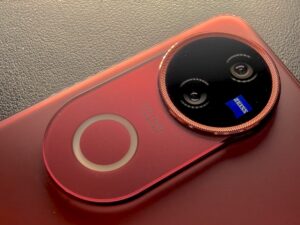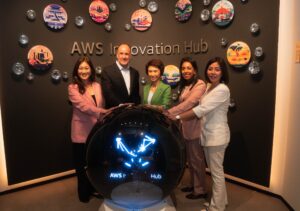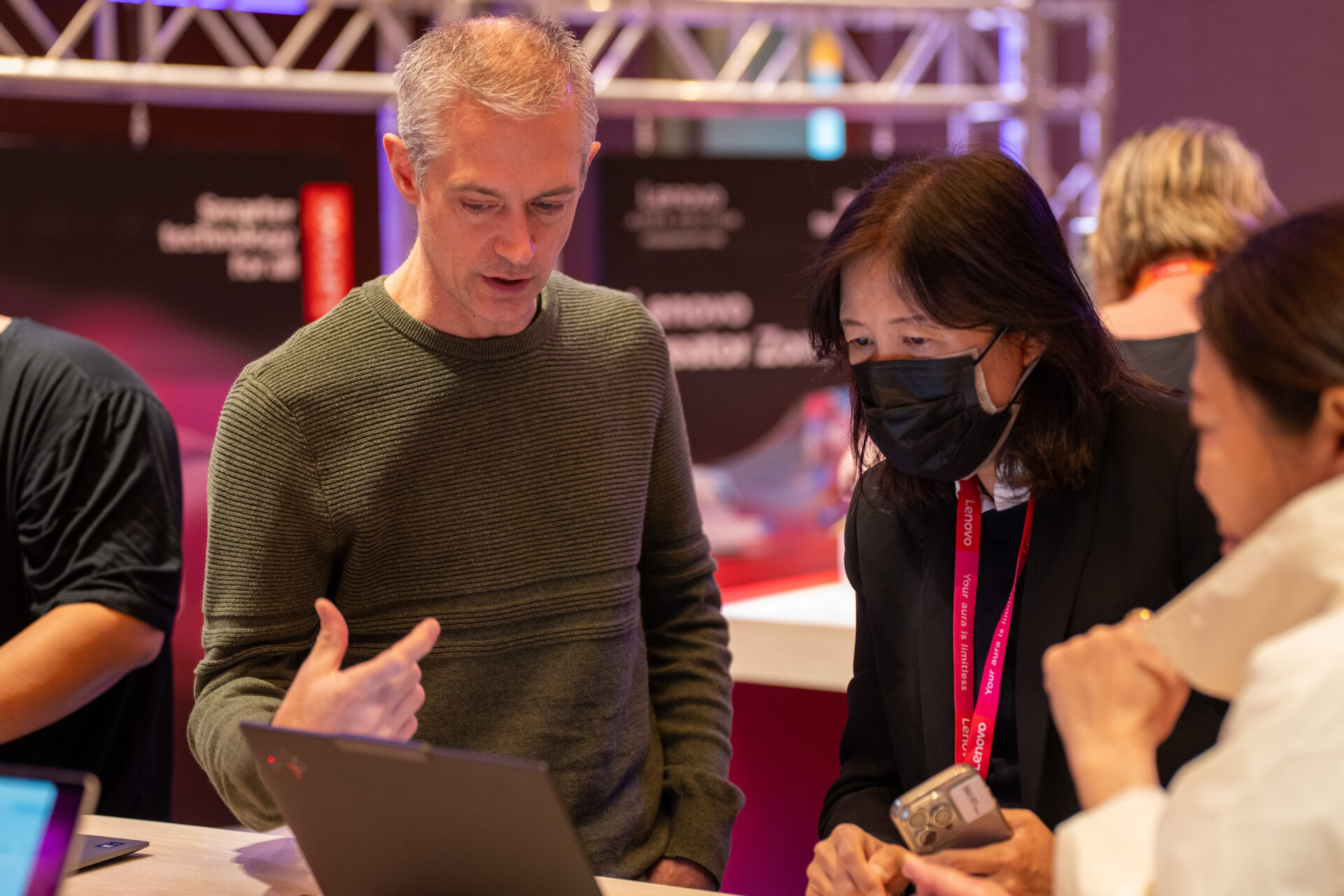
Ask an average consumer what’s an AI PC and chances are you’d get a confused look. Ask Lenovo, however, and the PC maker will say it’s the personalised and smart PCs that it’s now rolling out under its Aura Edition brand.
These include a range of PCs, from its consumer-friendly Yoga line of laptops to the costlier ThinkPad range of laptops favoured by businesses for their most important executives.
And Aura Edition is no mere marketing spin, its executives told reporters from Asia-Pacific in a conference in Yokohama last week.
Instead, these AI PCs will come with features that promise personalised experiences for users to, say, share a file between their phone and laptop or get work done on the road with an ultraportable laptop.
These Aura Edition PCs enable photos to be sent from a phone to a laptop with a simple tap, thanks to a smart sensor. It’s a design that Lenovo says it worked closely with Intel at its Yokohama ThinkPad lab to achieve, overcoming operating system issues.
Another feature is what Lenovo calls Smart Care. With this, a user can chat with a support staff any time on the PC or through a call to get help (subject to signing up for a premium support plan, of course). Diagnostics are carried out to determine, say, if a laptop’s battery is failing.
Lenovo has also packed in an AI agent that helps find answers from the data you have on your laptop. If you wish to find, say, details on a business project from the past, it will look up the Word, PDFs and JPEGs on your PC to give you an answer without the hassle of opening up all the files yourself.
The processing is done locally on the PC, which can even bring up different documents for a user to compare to find the right information. The answer? Presented by an AI chatbot.
A key difference from Microsoft’s “recalled” Recall feature is that Lenovo doesn’t take screenshots of all your activities on the laptop but searches data that you have actually saved in a file. In other words, users get better control of AI smarts.
Indeed, a lot of the thinking for Lenovo’s Aura Edition had come before Microsoft started pushing the hardware specifications that support its Copilot applications with AI features in 2023.
A few years ago, before AI PCs became a label, Lenovo started collaborating with chipmaker Intel to create proofs of concept for various PC features in its famed Yamato ThinkPad lab in Yokohama.
By testing the hardware and software extensively, the collaboration led to breakthroughs like the “smart tap” file transfer between phone and PC, which doesn’t rely on an operating system to complete.
This joint effort also gave birth to an unlikely Lenovo ThinkPad laptop in the shape of the ThinkPad X9 unveiled recently.
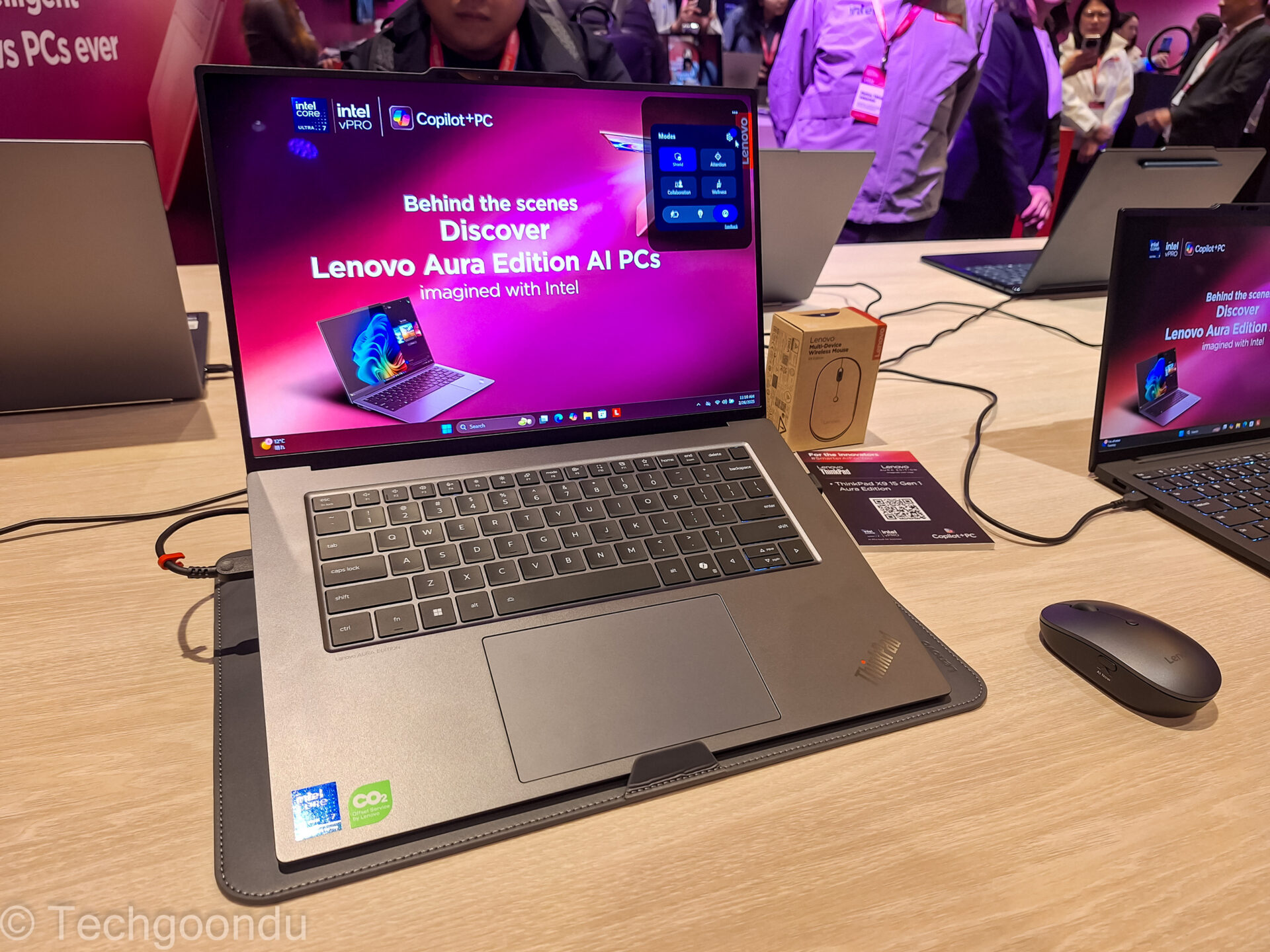
In both 14- and 15-inch options, the laptop does away with the famous trackpoint and sports a large touchpad that many modern laptops possess. Plus, it also has the AI smarts that many other Aura Edition PCs offer, including an Intel Core Ultra 200V processor.
The engagement with Intel included long test cycles for hardware and software features at a workshop in Yokohama, said Yasumichi Tsukamoto, vice-president for commercial product solutions development at Lenovo.
From cameras to sensors to thermal management, the companies’ engineers worked together to test and bring out new PC experiences, culminating in lighter and cooler-running laptops like the under-1kg ThinkPad X1 Carbon, he told reporters last week.
Lenovo’s new Aura Edition PCs are yet another attempt at defining the new experiences that an AI PC should offer. Though hyped up by PC makers, the market seems lukewarm about it.
Research firm IDC last week just cut its forecast for PC shipments this year, predicting growth to be slower. Notably, it said migration from older Windows 10 machines would drive sales, without mentioning AI PCs.
That doesn’t seem to deter Lenovo, the top PC maker for the past decade, though. It’s confident of its new offerings, which are built with feedback from a series of user studies – including a 10,000-person survey, then a 4,000-person one in the past few years to ask people what they value most in a PC.
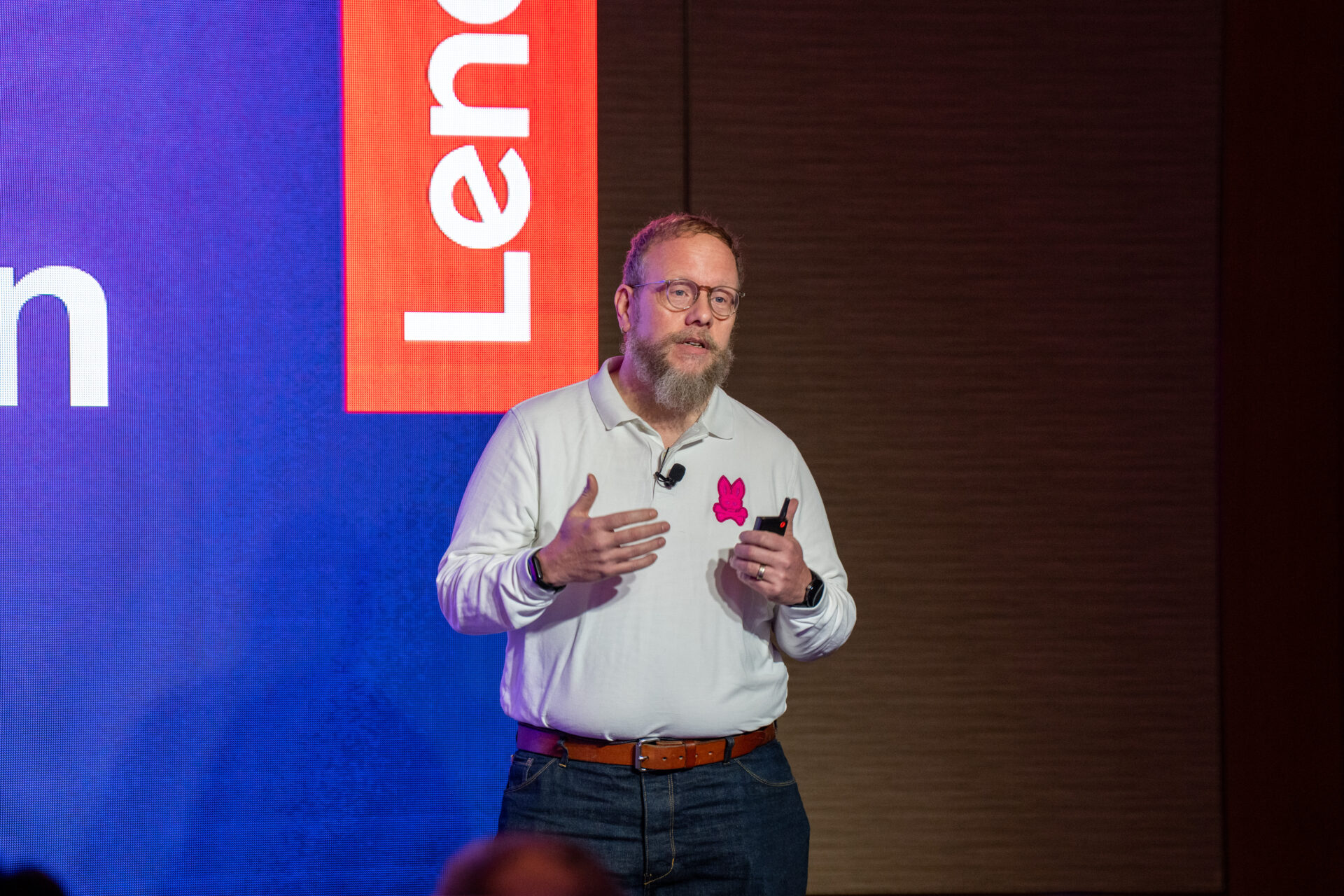
In a nutshell, people wanted easy access and logical access to settings, personalised options for interaction and seamless data across their various devices, said Kevin Beck, senior story technologist at Lenovo’s Intelligent Devices Group.
Asked if many of the features presented now as AI PC features were already there in the past, he told reporters that it was crucial to group them in a way that was accessible: “If we had it but if nobody could find it, did we have have it?”
Will this Aura Edition branding for Lenovo’s Intel AI PCs make it even harder for users to understand what is actually an AI PC? After all, Lenovo also sells Qualcomm- or AMD-based AI PCs.
Beck said the the various chips from each manufacturer all have differences and some Lenovo laptops such as the ThinkPad T14 are designed to support chips from all three.
“At the end of the day, one may have better battery life, or performance or app compatibility,” he said, though acknowledging that the industry as whole could do a better job explaining what AI PCs offered.
“We are in the early days of AI PCs,” he stressed, adding that AI now enables features, such as focusing on a voice in a crowded conference room for better video calls, which may have sucked up too much battery in the past.
And things will keep improving, he noted. “Ideas that were not technologically feasible this generation can be improved in future.”
